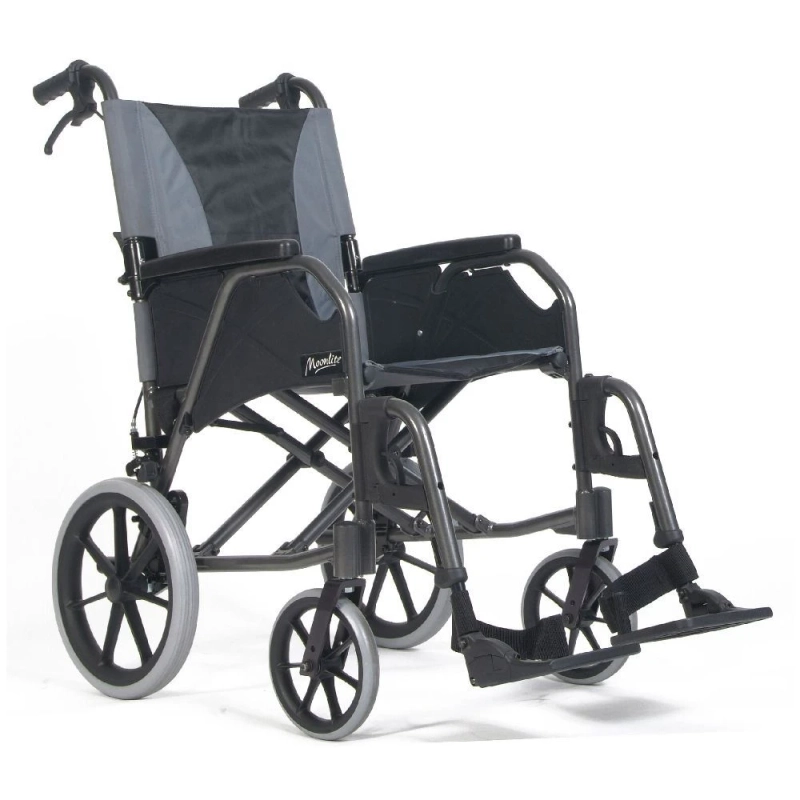Walking aids prove useful for people with standing and walking difficulties. They provide freedom and independence to move without human\'s support.
There are various types of aids, and they provide different levels of support. Therefore, you must choose the one that meets your usage, handling, and support needs.
Aids such as folding walking frames provide stability to individuals (like elderly) when they\'re tired. They may not be sufficient for the ones who have difficulty in standing and moving. In such cases, aids like folding wheelchairs can be best suited.
Though you or your loved ones can also use walking aids in conjunction with mobility aids, for instance, a walker at home, wheelchair outside, or vice versa.
To know what\'s better, talk to your occupational therapist or doctor about the aid that\'s suitable for you. Discuss your limitations, usage, and other needs.
You can also try using a few of the aids and then stick with the comfortable one.
Here\'s how to choose the right aid:
1. Consider the Situation
Consider when and how you will use a walking aid. People use aids for different reasons. Some may use it for a short time while recovering from injury or surgery. Others may use it for a few hours or days regularly due to the disability.
So, think wisely before choosing one. If you want something for occasional use, a walking stick would be sufficient. You can keep it aside when not in use.
If you find it difficult to walk and need something that helps you with it, you can go for a folding wheelchair. Similarly, if you need an aid for posture and reduce the strain on legs, rollators can be suitable. They are a good option as the four wheels distribute weight evenly and help balance the body.
2. Get it Fitted
The right choice is well-fitted mobility aid. If you choose an ill-fitted aid, it could prove to be less safe. However, it would be better than being unaided.
In walking aids, height matters a lot. Most of the equipment comes with adjustable points for different heights. That means a tall person or a short person can use the same equipment. However, some aid styles won\'t be suitable if you\'re tall or short-even your choice matters in that case.
Tip: Remember to wear your regular footwear when getting measured.
If you\'re choosing rollators or walking frames, you should also consider the width. You can choose a narrow width frame for using the aid at home. It would fit easily around the furniture.
However, it would also vary according to size. Large size people, for instance, maybe comfortable with wide frames.
3. Learn to Use
It can be challenging to use a mobility aid with a walking aid. Suppose you\'ve been using a wheelchair and now want to move towards a walking frame, it can get tricky. You won\'t understand the posture and how to balance it. If you\'re in contact with your occupational therapist, they can help you correctly use the walking aids.
To build confidence, you can start with flat surfaces and short distance. After some practice, you can try using them under challenging areas, such as walking up and down the stairs, or uneven terrains over a long distance.
Whatever path you take to learn but start with baby steps.
4. Reassess Regularly
Your mobility aids can change over the course of time. So you must assess whether you\'re using the right aids or not.
Here\'re some tips that can help you assess the necessity of walking aid.
- You can\'t walk longer with walking aid like before.
- You get tired after a short time of usage.
- You feel unsteady with the aid
- It causes you pain and discomfort.
If you face any difficulty using your walking aids, you must talk to your health care team. If possible, change it. Folding wheelchairs or folding wheel frames, at the end of the day, their purpose is to assist and provide comfort.



